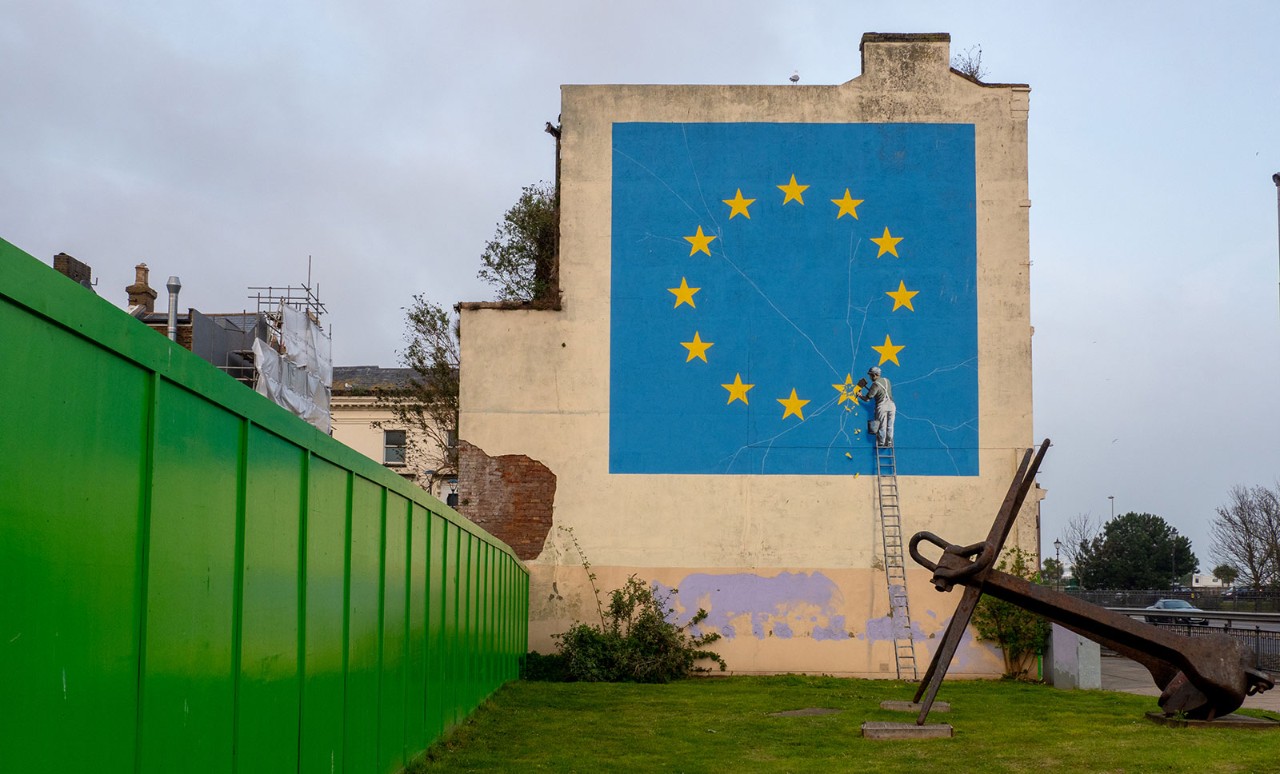
Just when the retailers thought life could not get any harder, the Treasury slipped out a notice last month announcing that the rules that allow overseas shoppers to reclaim VAT are going to be scrapped.
From 1 January 2021, the UK’s VAT retail export scheme will be no more. The news was included in a wider announcement heralding the return of duty-free shopping for UK travellers heading abroad, including to the EU.
The move follows a consultation with industry on the UK government’s approach to taxing goods carried across borders for personal use after 31 December 2020, when the Brexit transition period ends.
So while there could be a return to booze cruises, the move will, it is claimed, blow a £5.6bn hole in the UK’s retail sector and gouge up to £10bn out of the UK’s wider tourist economy.
‘Madrid, Milan and Paris are rubbing their hands with glee at this self-inflicted wound’
Self-inflicted wound
Paul Barnes, CEO of the Association of International Retail (AIR), says: ‘The chancellor needs to look again at this devastating decision, as it simply doesn’t add up and will lead to the loss of tens of thousands of tourism and retail jobs right across the UK. Madrid, Milan and Paris are rubbing their hands with glee at this self-inflicted wound.
‘If we charge a fifth more for the same goods, international visitors will not hesitate to switch their city breaks to other countries.’
In a statement, the Treasury announced that VAT refunds for overseas visitors in UK shops will be removed. Overseas visitors will still be able to buy items VAT-free in-store and have them sent direct to their overseas addresses, while the costly system of claiming VAT refunds on items taken home in visitors’ luggage will be ended.
Rethink required
Twenty-one retail CEOs have written to Chancellor Rishi Sunak, urging him to think again. Thierry Andretta, CEO of Mulberry, which has stores in shopping outlets such as Bicester Village that specifically target tourists, says: ‘Making the UK the only country in Europe not to offer tax-free shopping to international visitors will place us at a tremendous disadvantage, not to mention have a material impact on jobs and manufacturing in this sector.’
A report from the Centre for Economics and Business Research estimates that up to 41,000 jobs in the retail sector could be lost as a result of the move and the number of non-EU visitors to the UK could fall by 1.2 million (7%). The CEBR adds that these estimates are conservative.
The alternative to scrapping the retail export scheme (RES) would have been to extend it to EU visitors. But the Treasury rejected this suggestion, saying: ‘Many stakeholders have told us about the operational challenges of the current system, and that they do not want to see an extension of the scheme to the EU in its current paper-based form.
‘By contrast other stakeholders have explained the benefits that they see from the VAT RES and that they would like to see the scheme extended to the EU in digital form, which the government continued to explore in parallel with the consultation.
‘However, the VAT RES is a costly relief which does not benefit the whole of GB equally, with current use of the scheme largely centred in London.’
Not just London
It is true that the capital’s retail havens of Knightsbridge and Oxford Street could be hit hard by the move. But retail bosses from around the UK, including Edinburgh, Manchester, Liverpool and Birmingham, have also written to the chancellor saying that their own areas account for a fifth of the £3.5bn tax-free sales made each year to visiting tourists.
As Jane Sharrocks, chair of Manchester Business Improvement District, says: ‘The decision to withdraw tax-free shopping entirely rather than extending it to the EU will have untold impact on the local economy in Manchester and the UK economy as a whole.
‘International visitors and their tax-free spending are supported by a wider tourism ecosystem beyond just retail, including leisure, hospitality and travel.’





